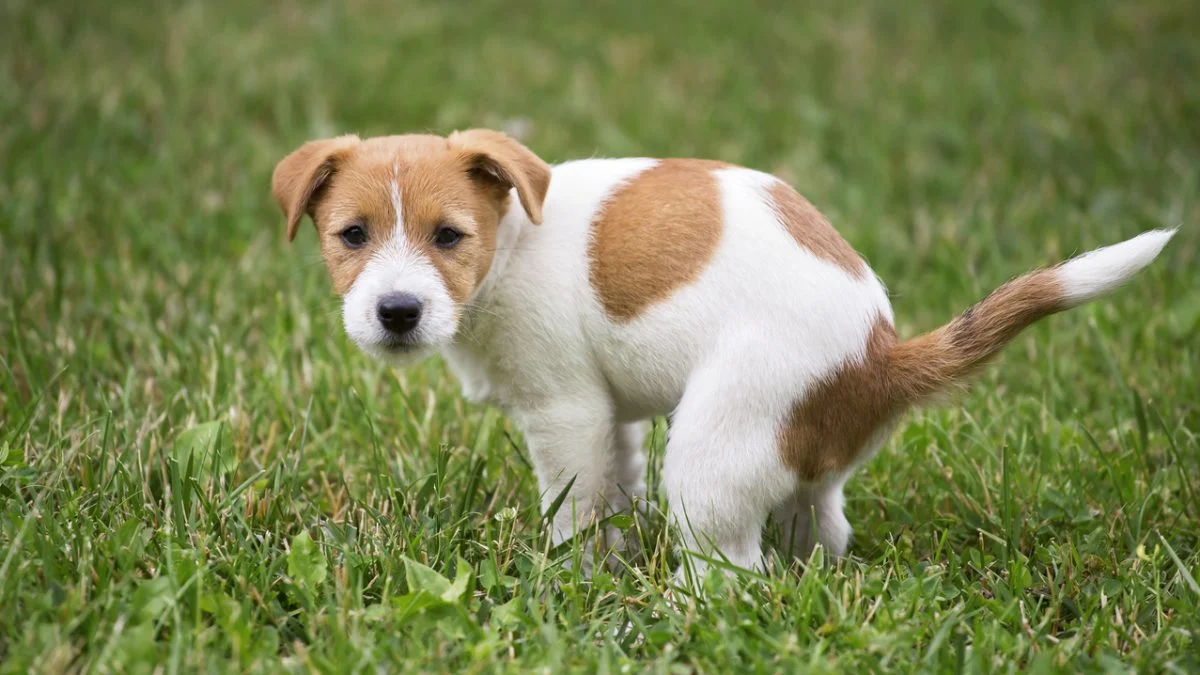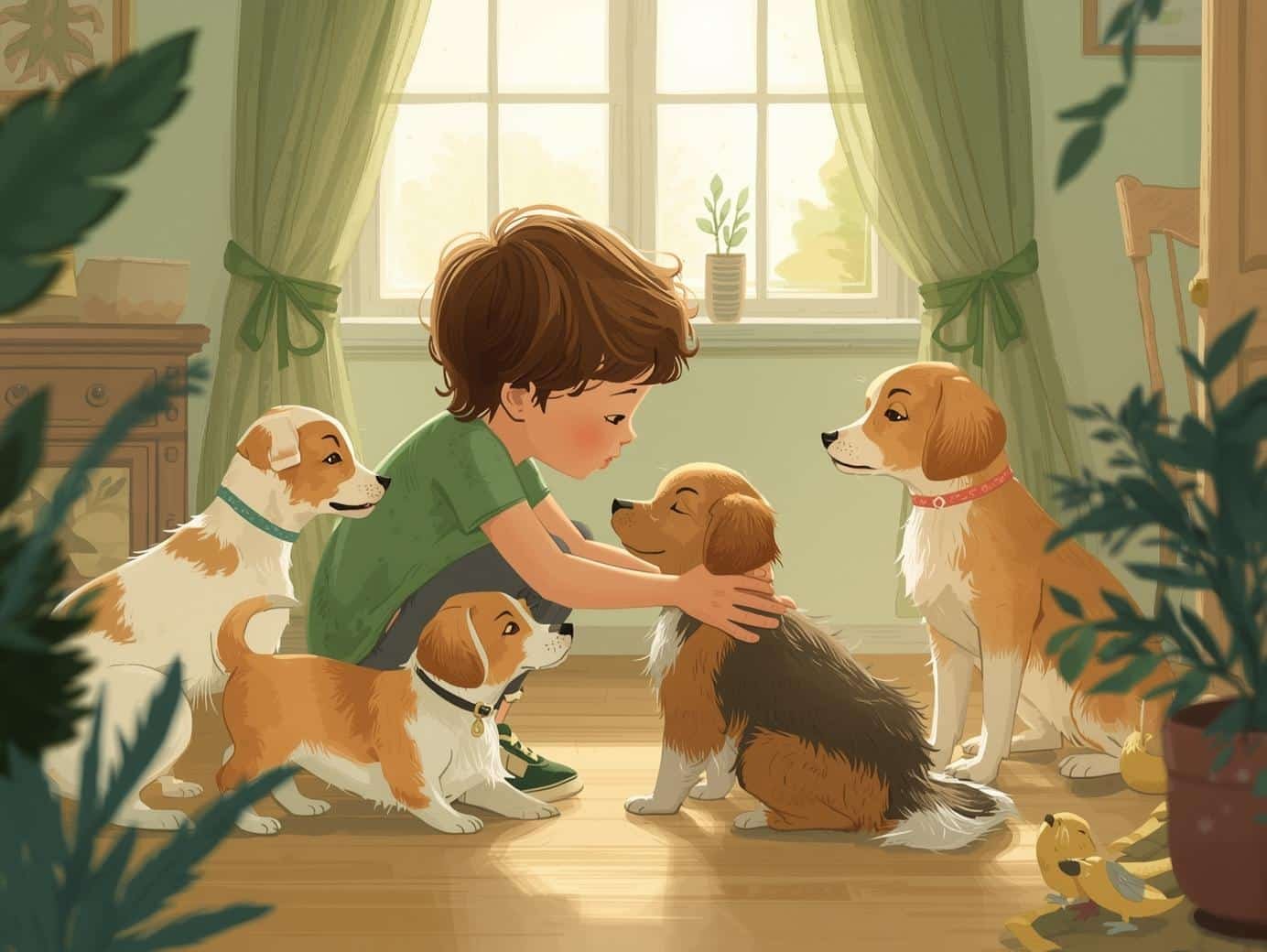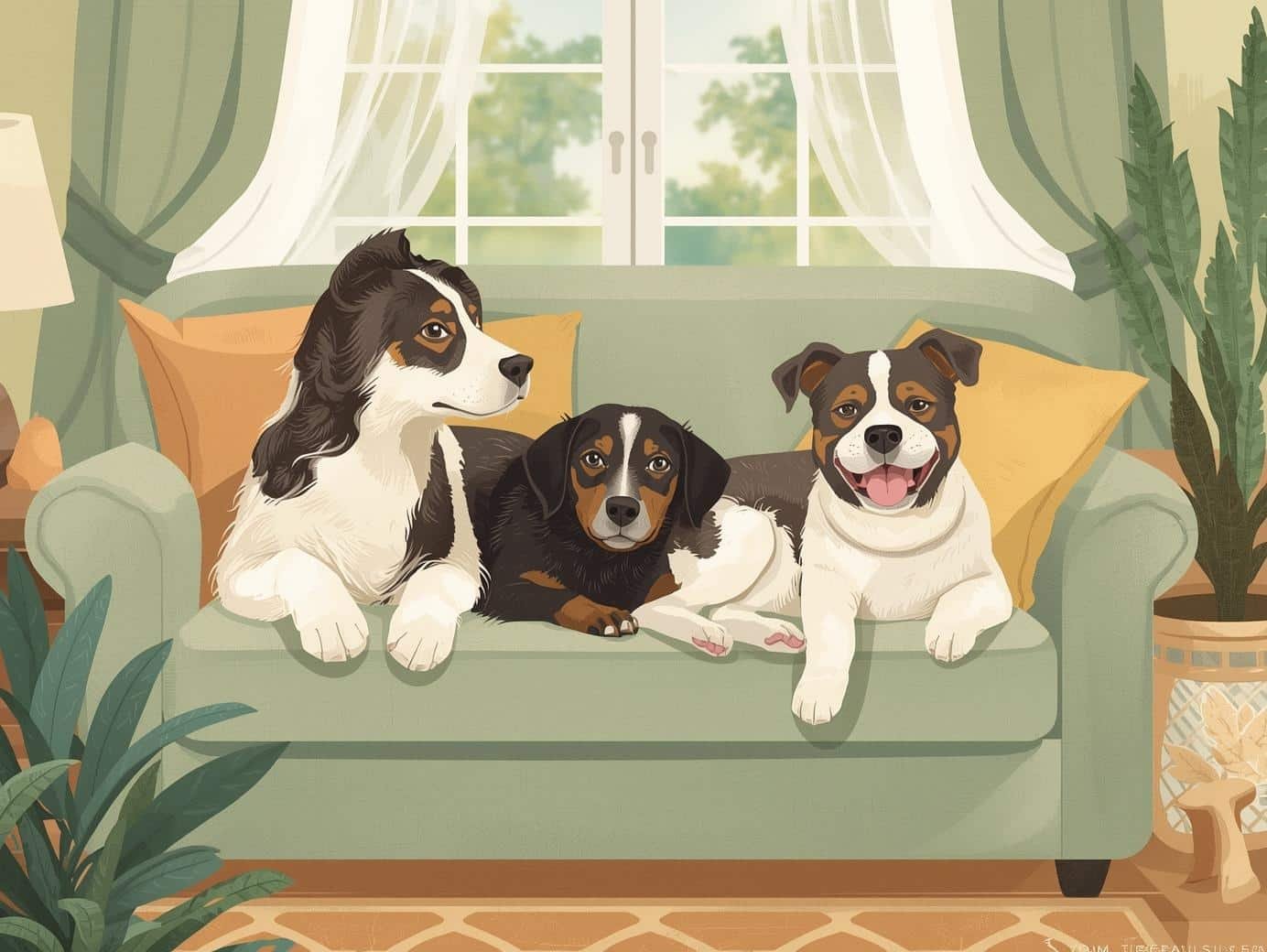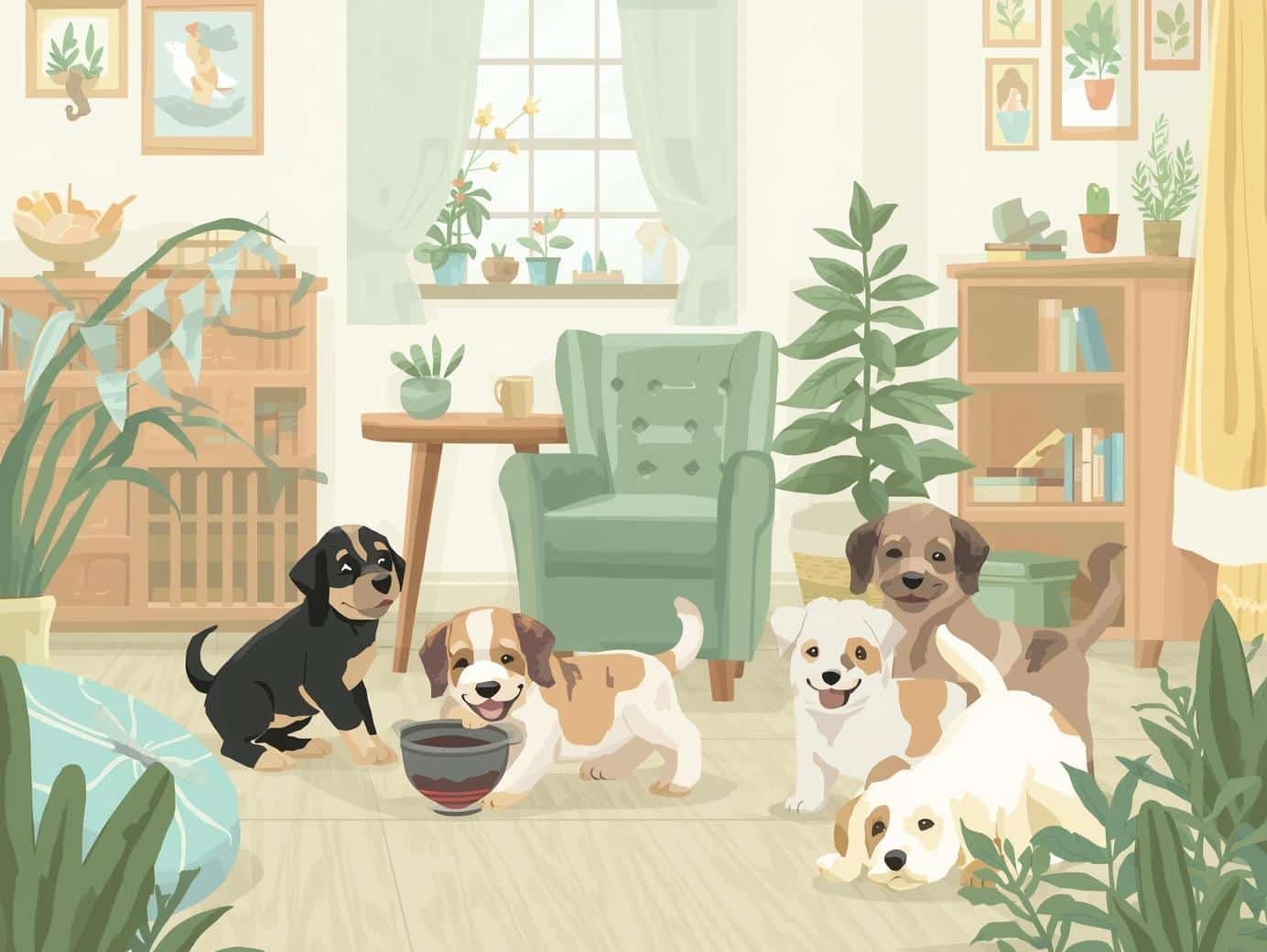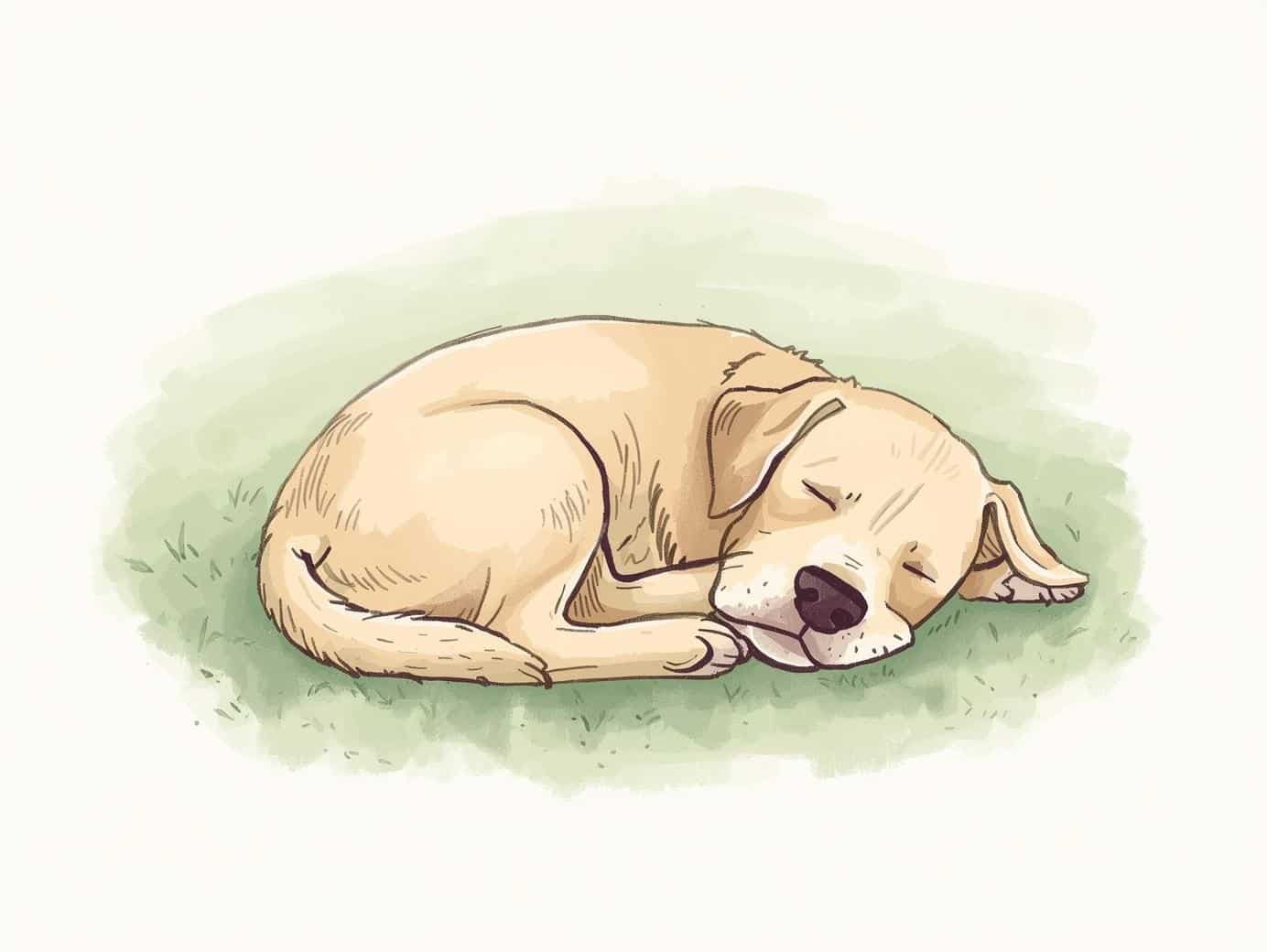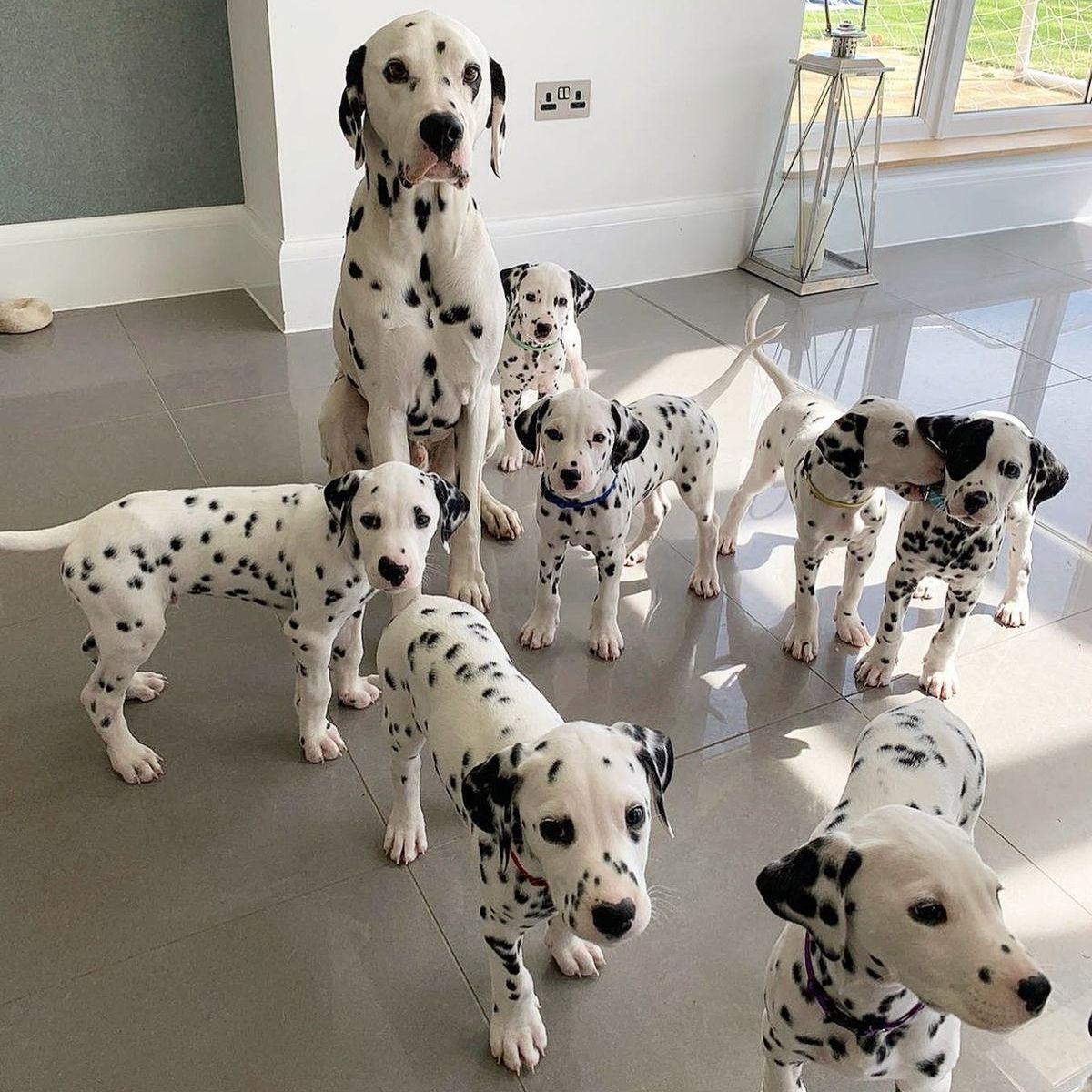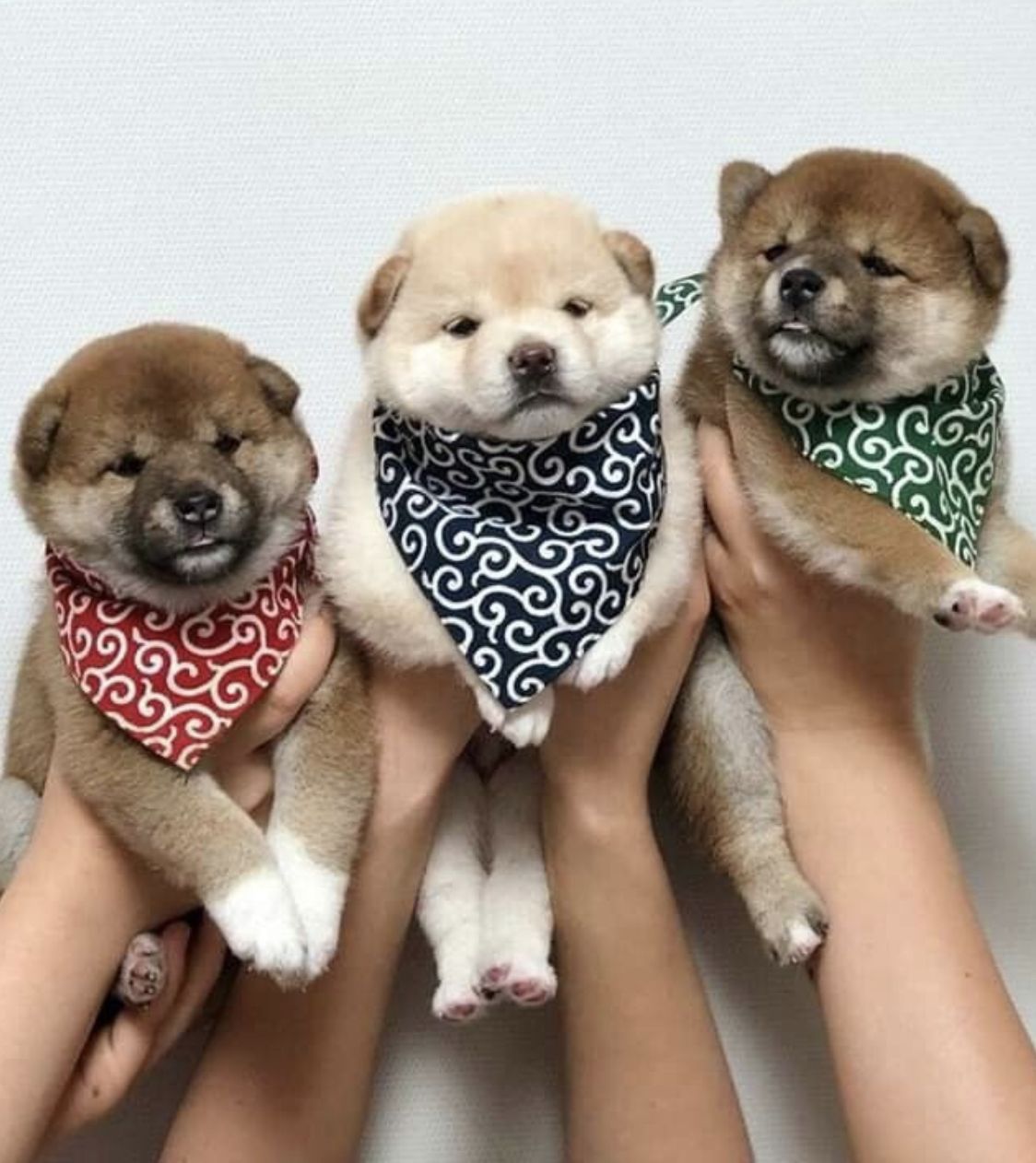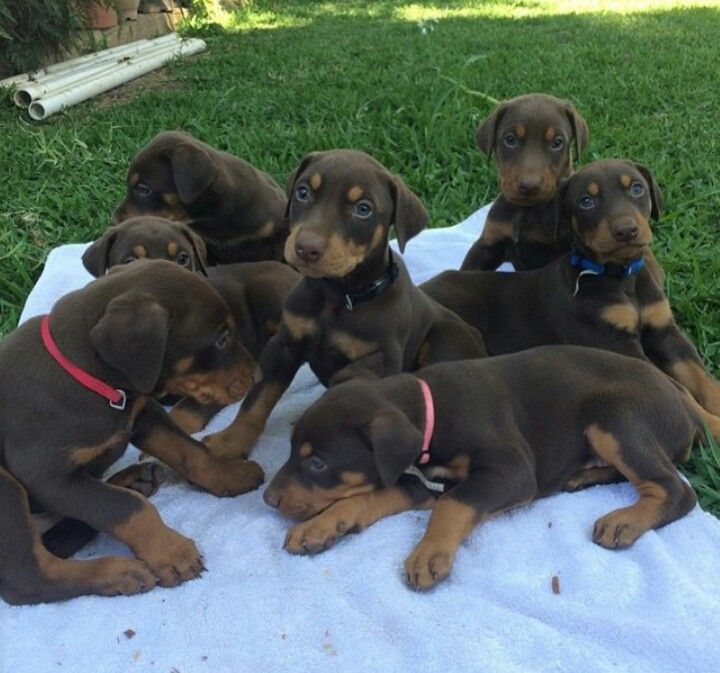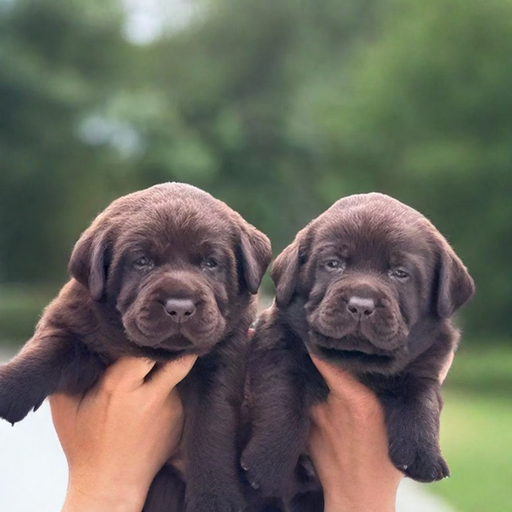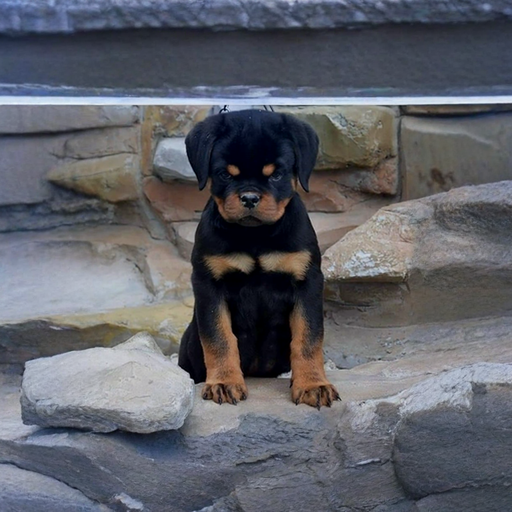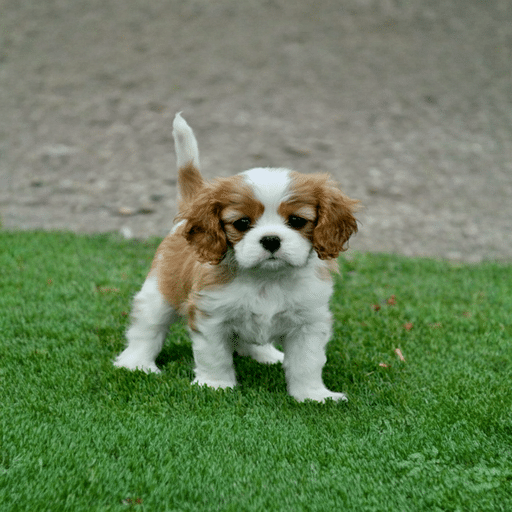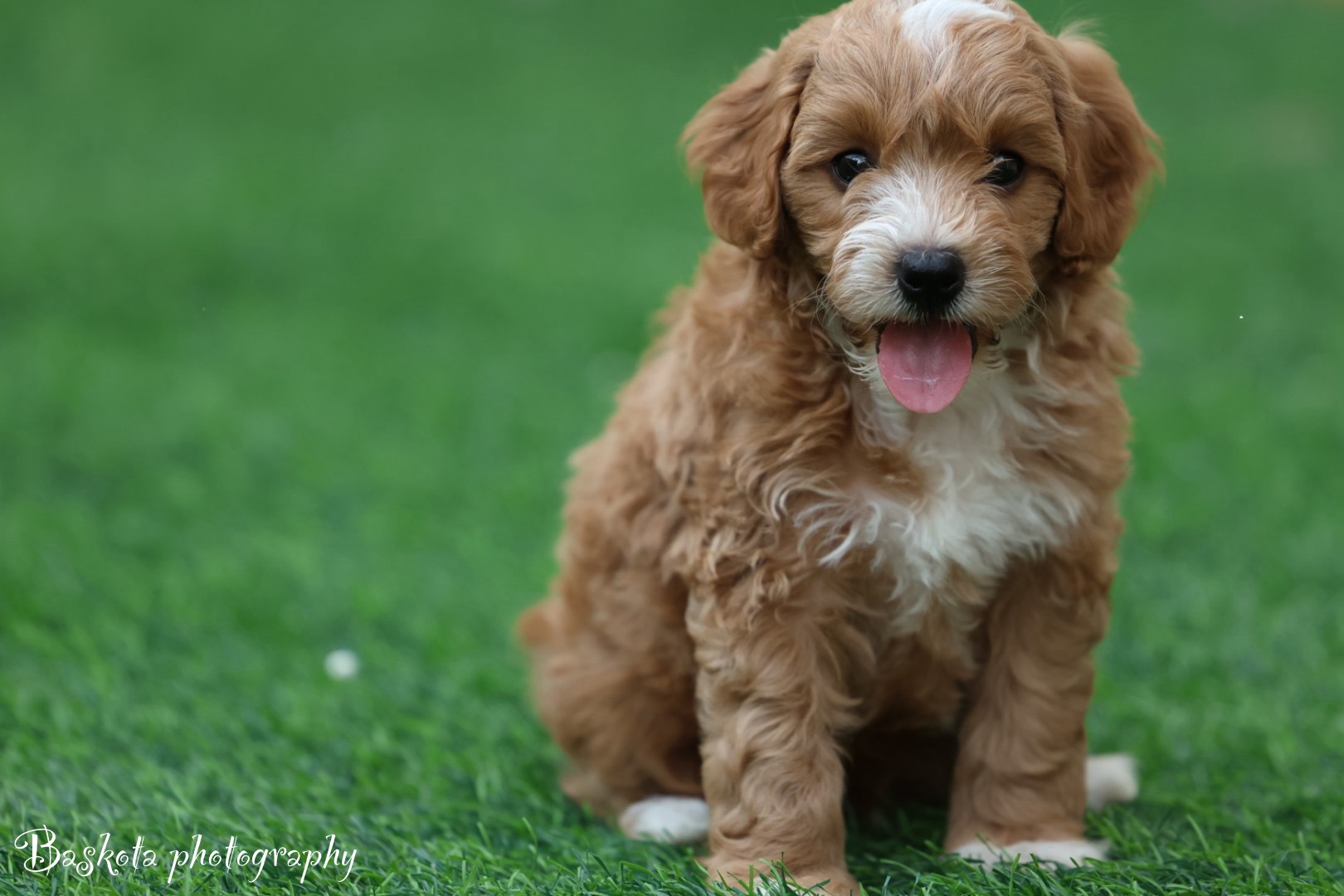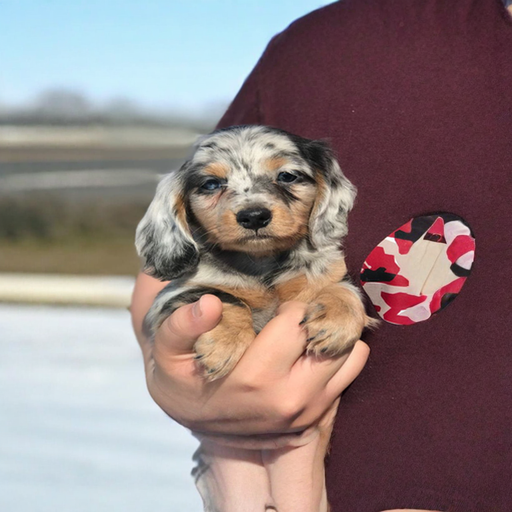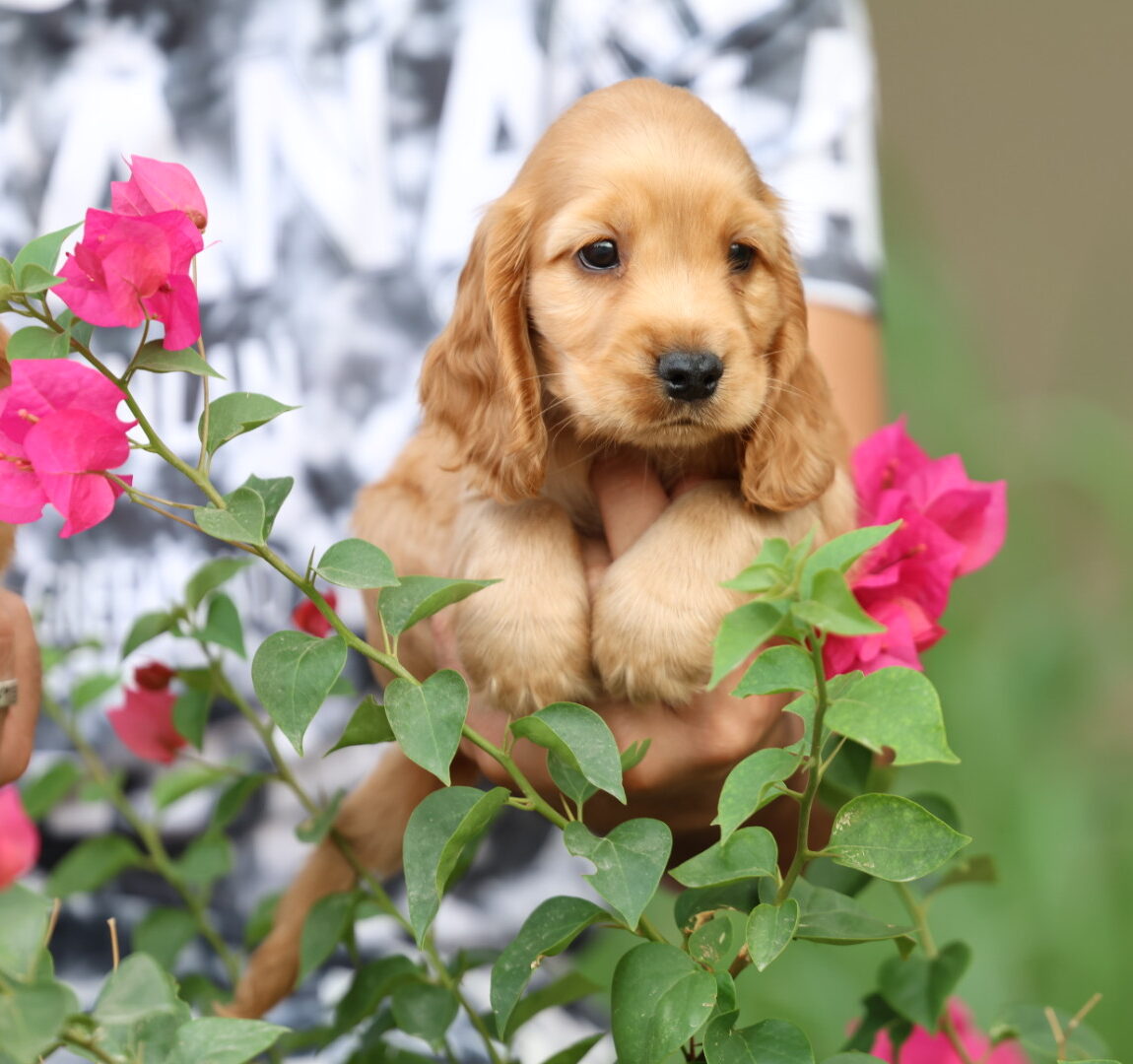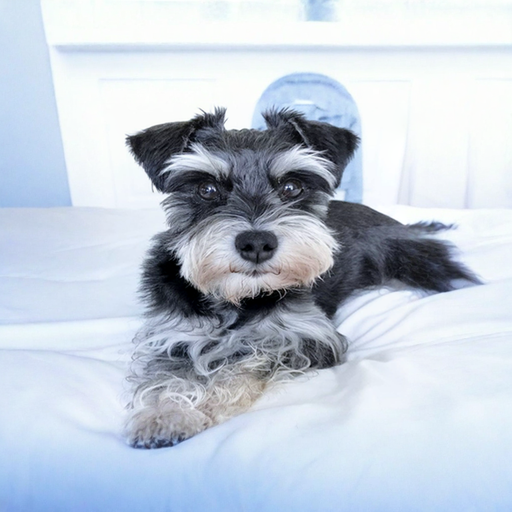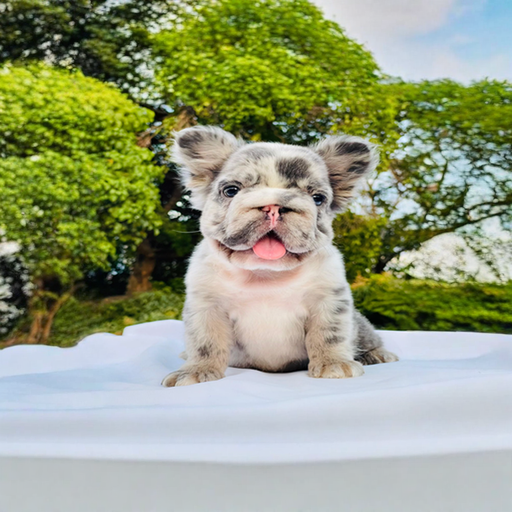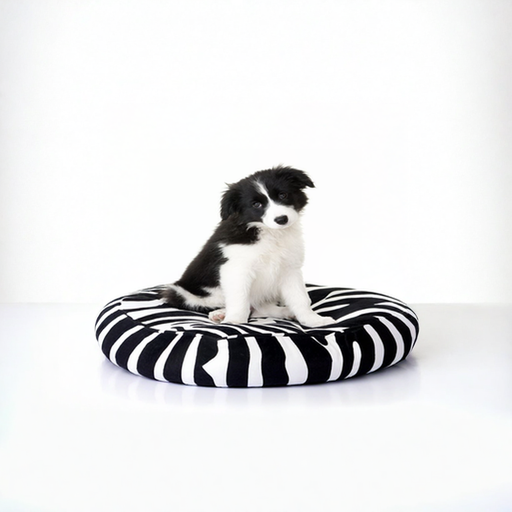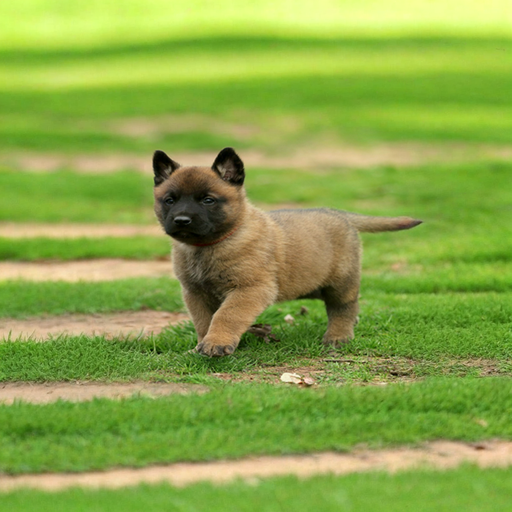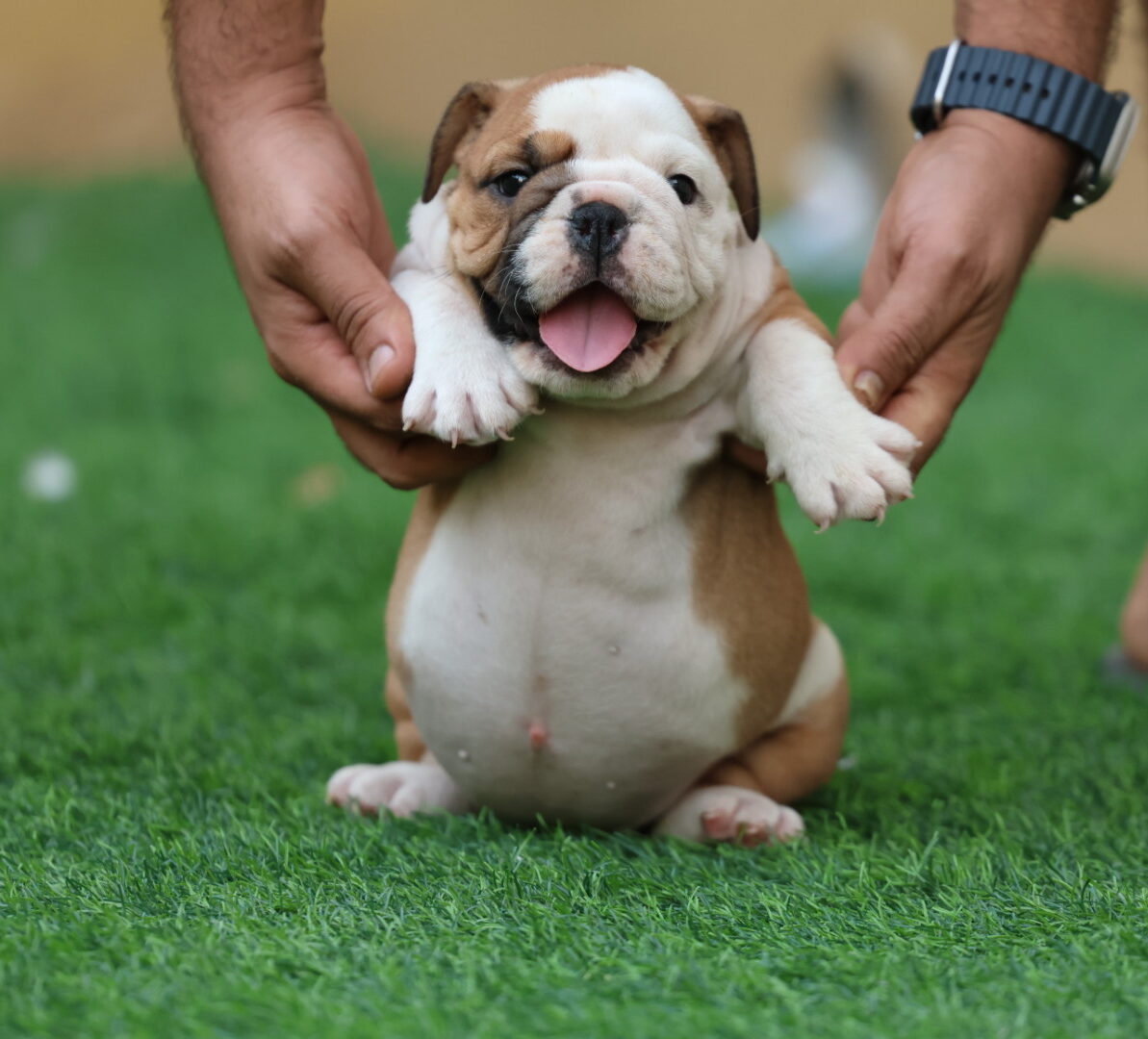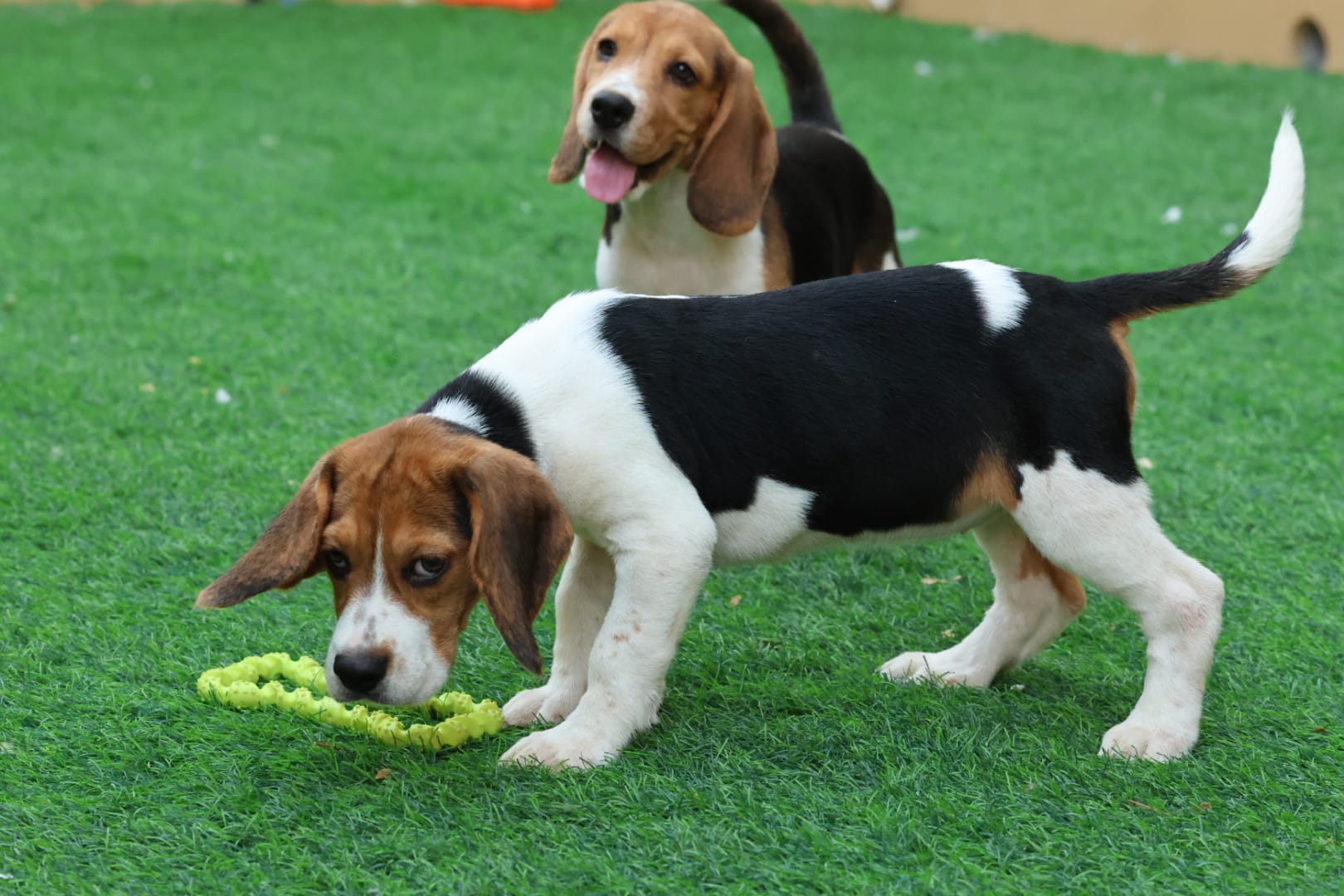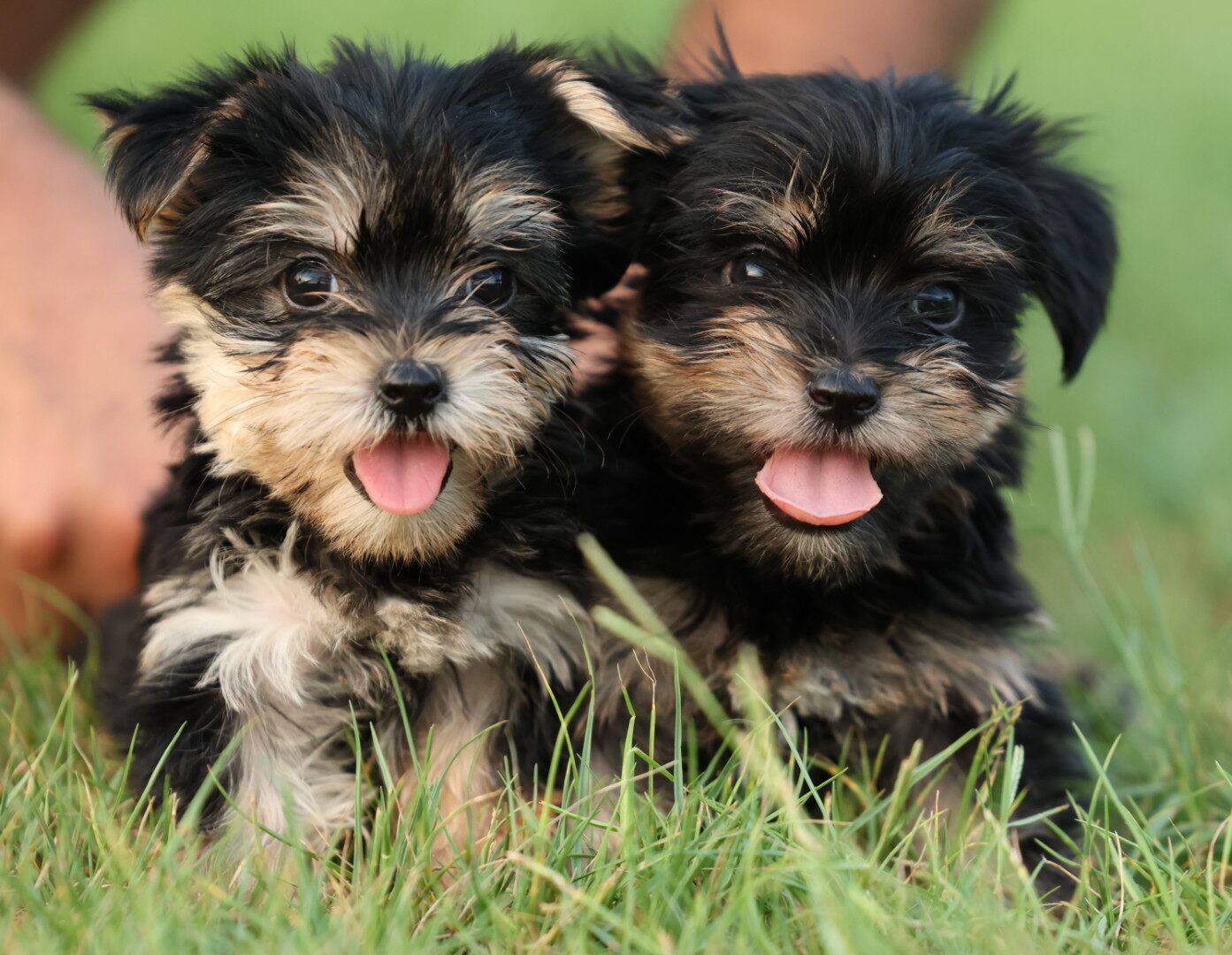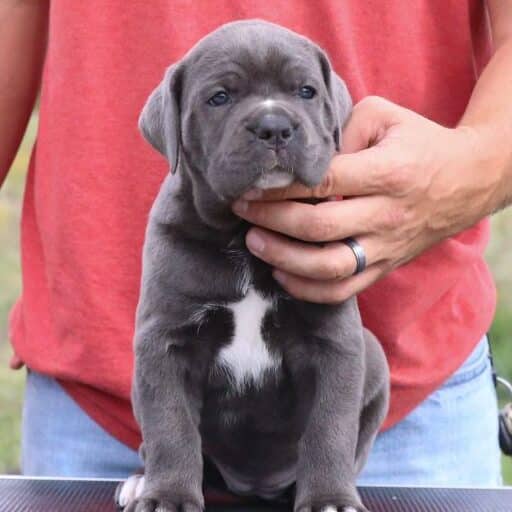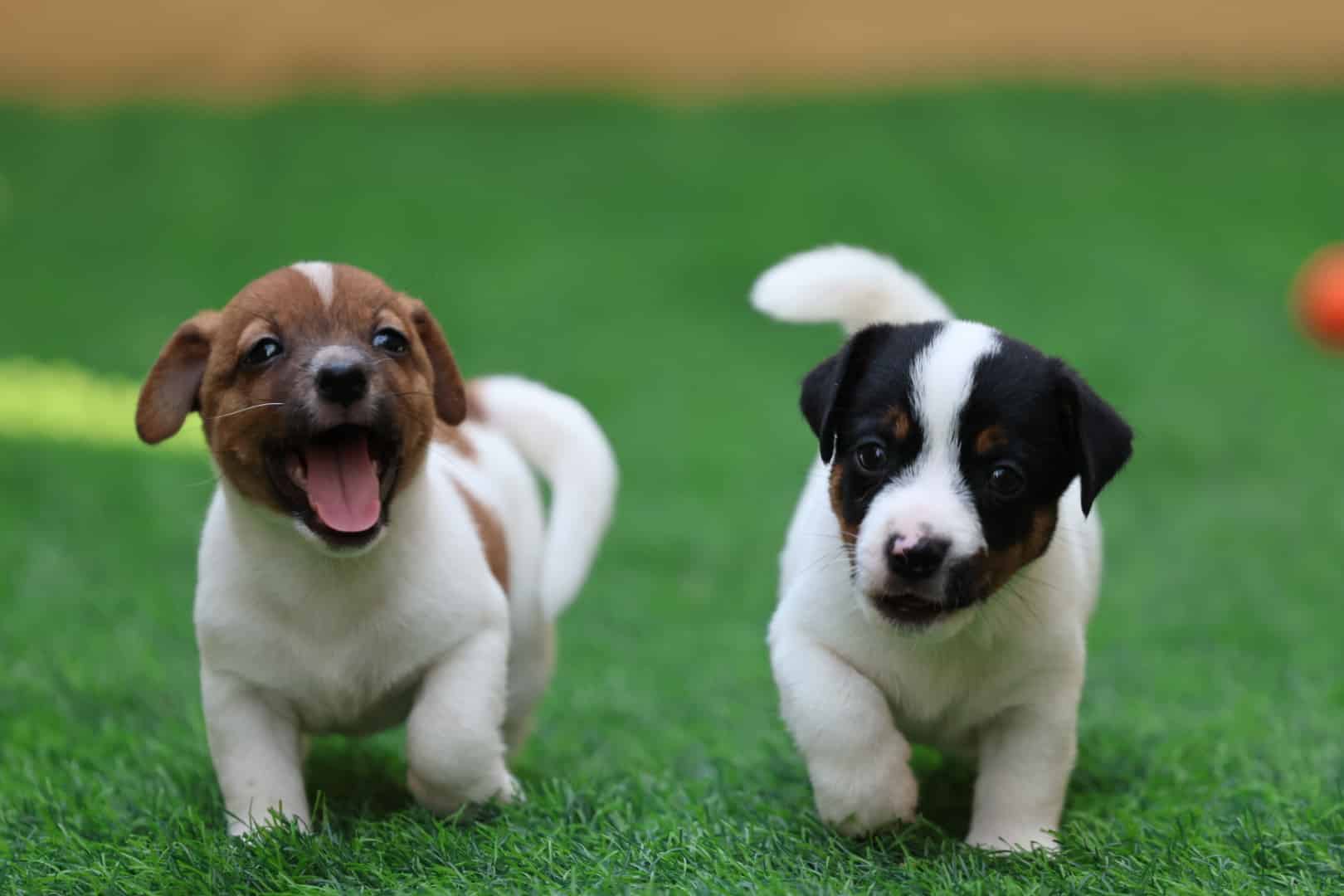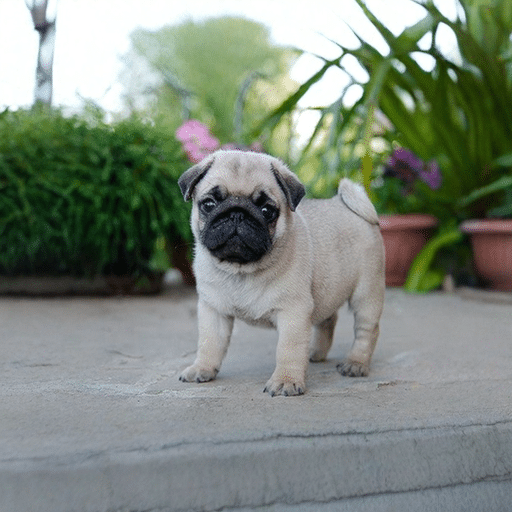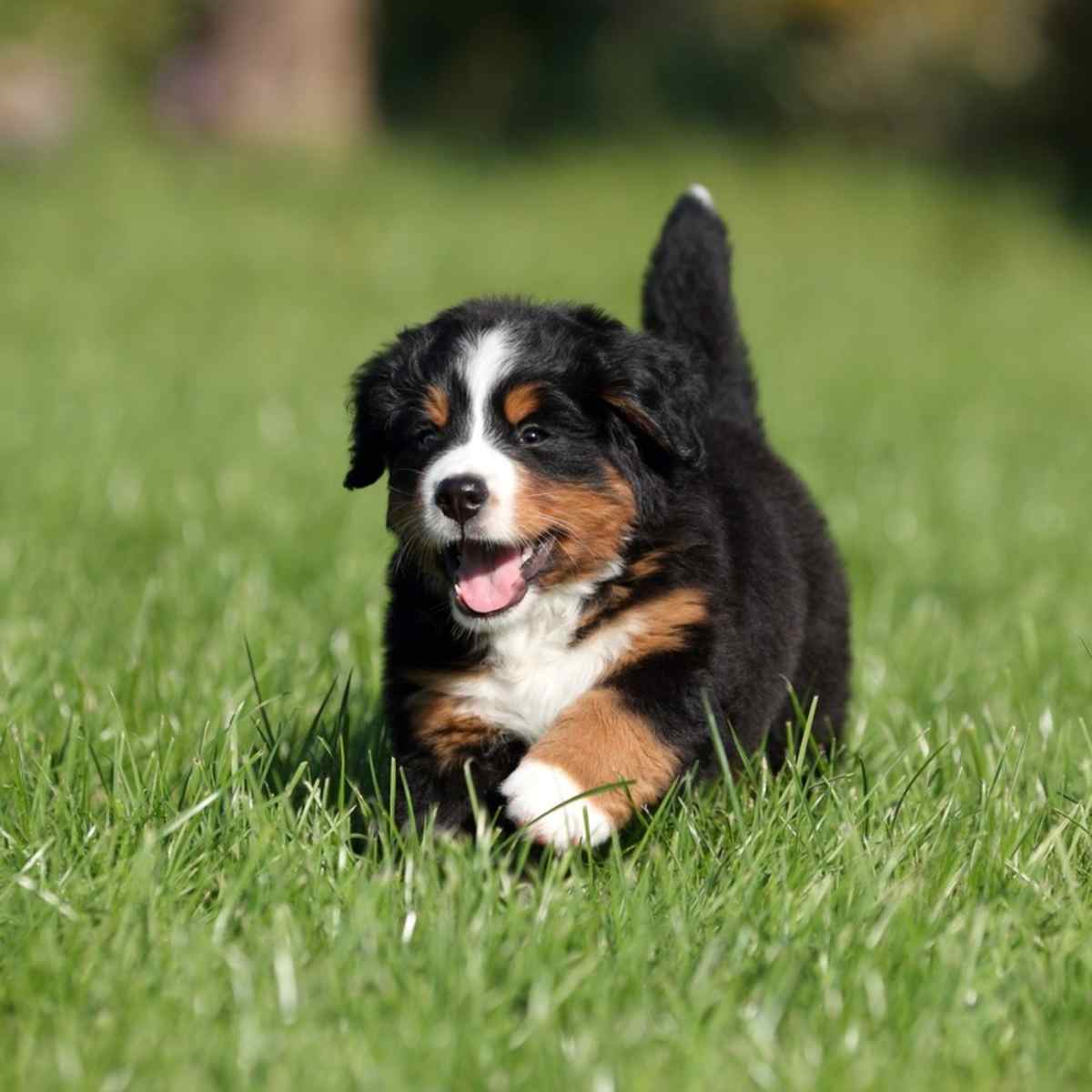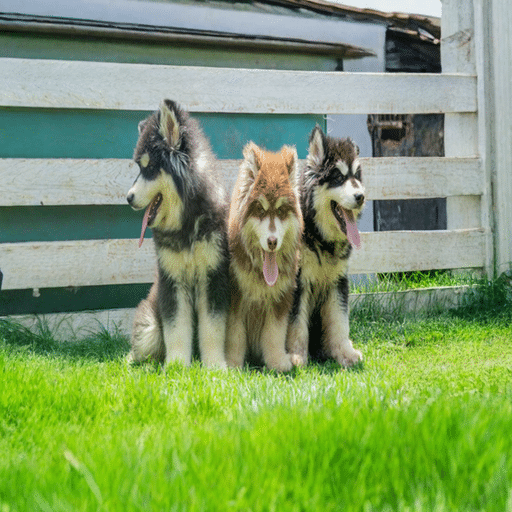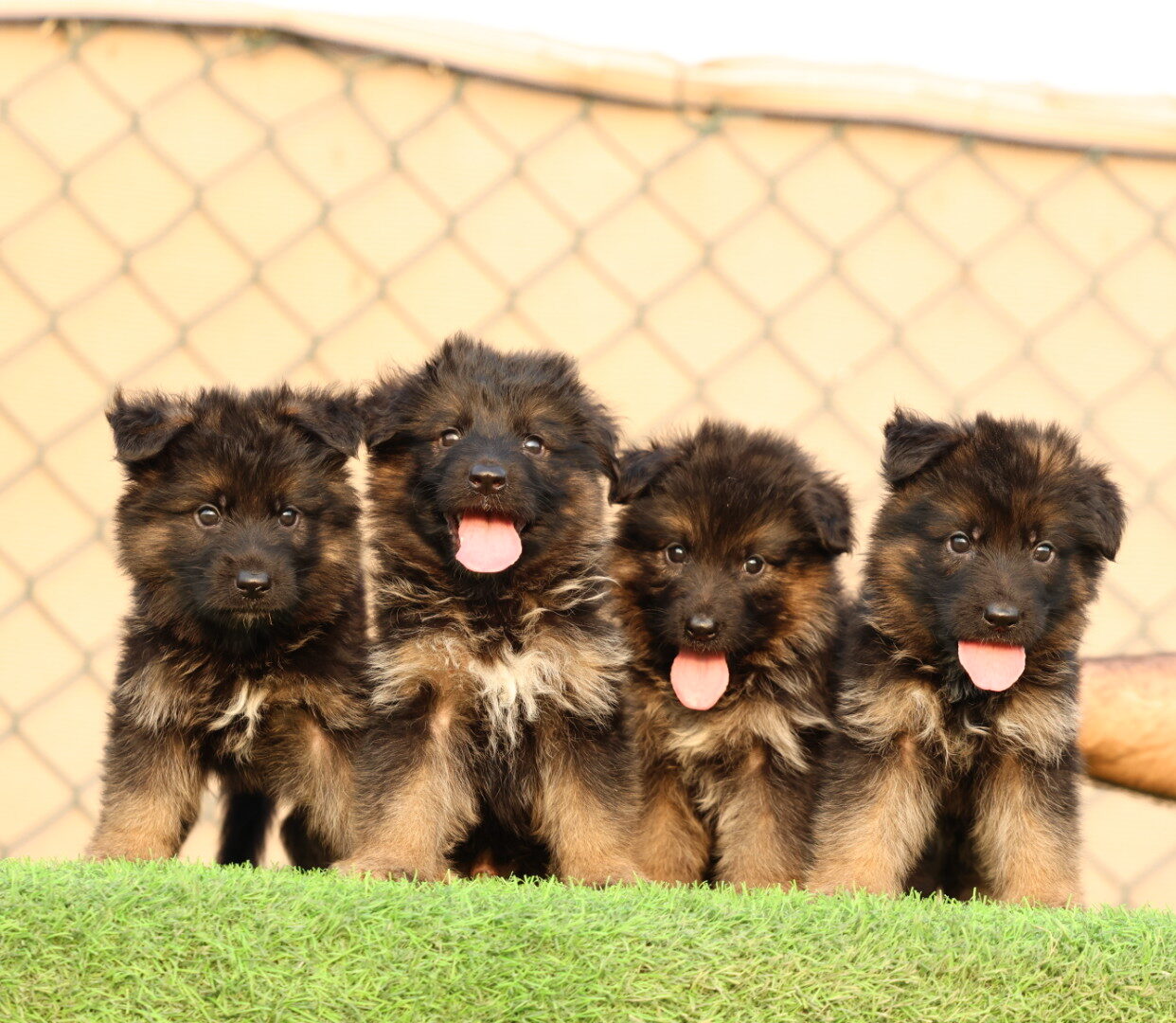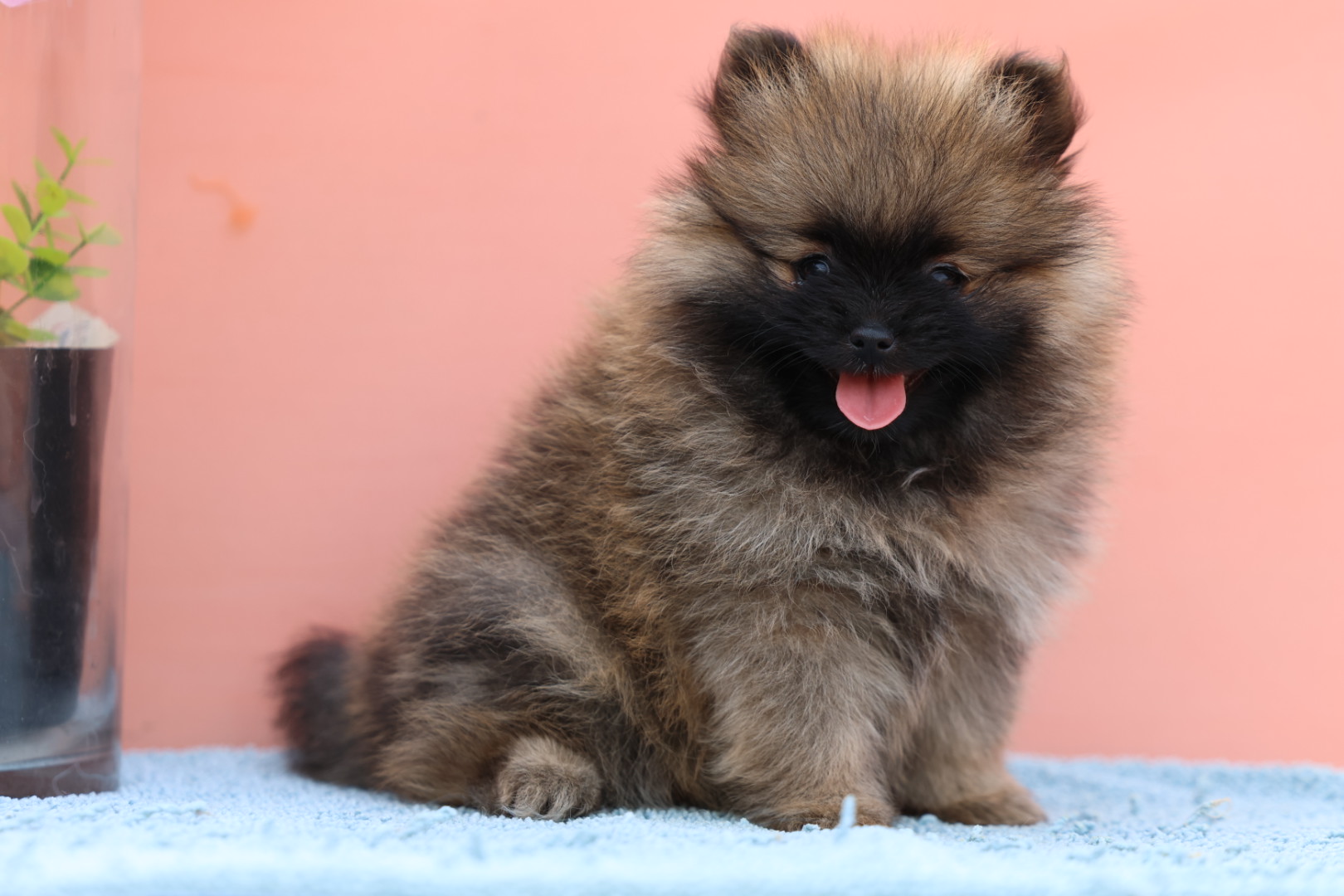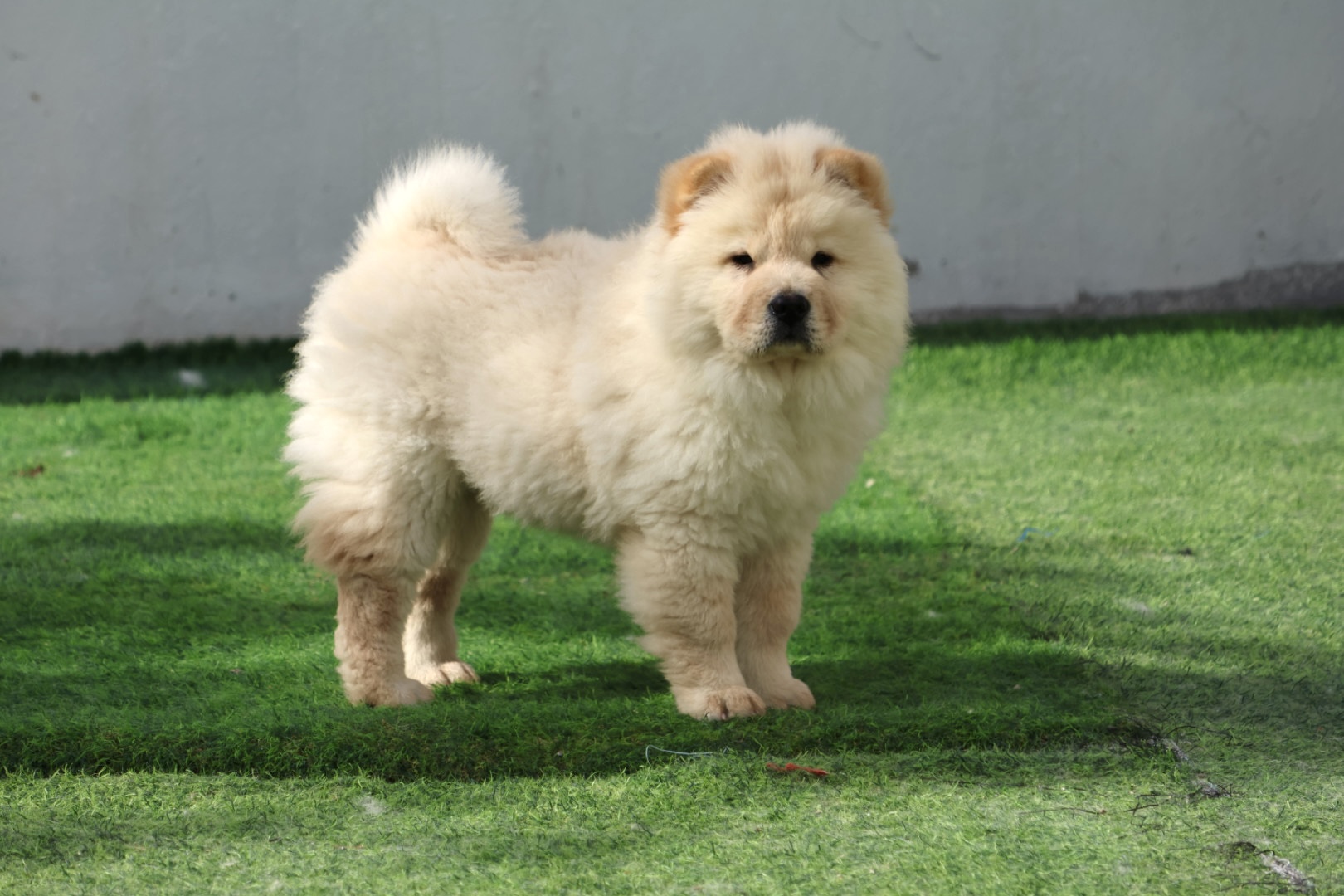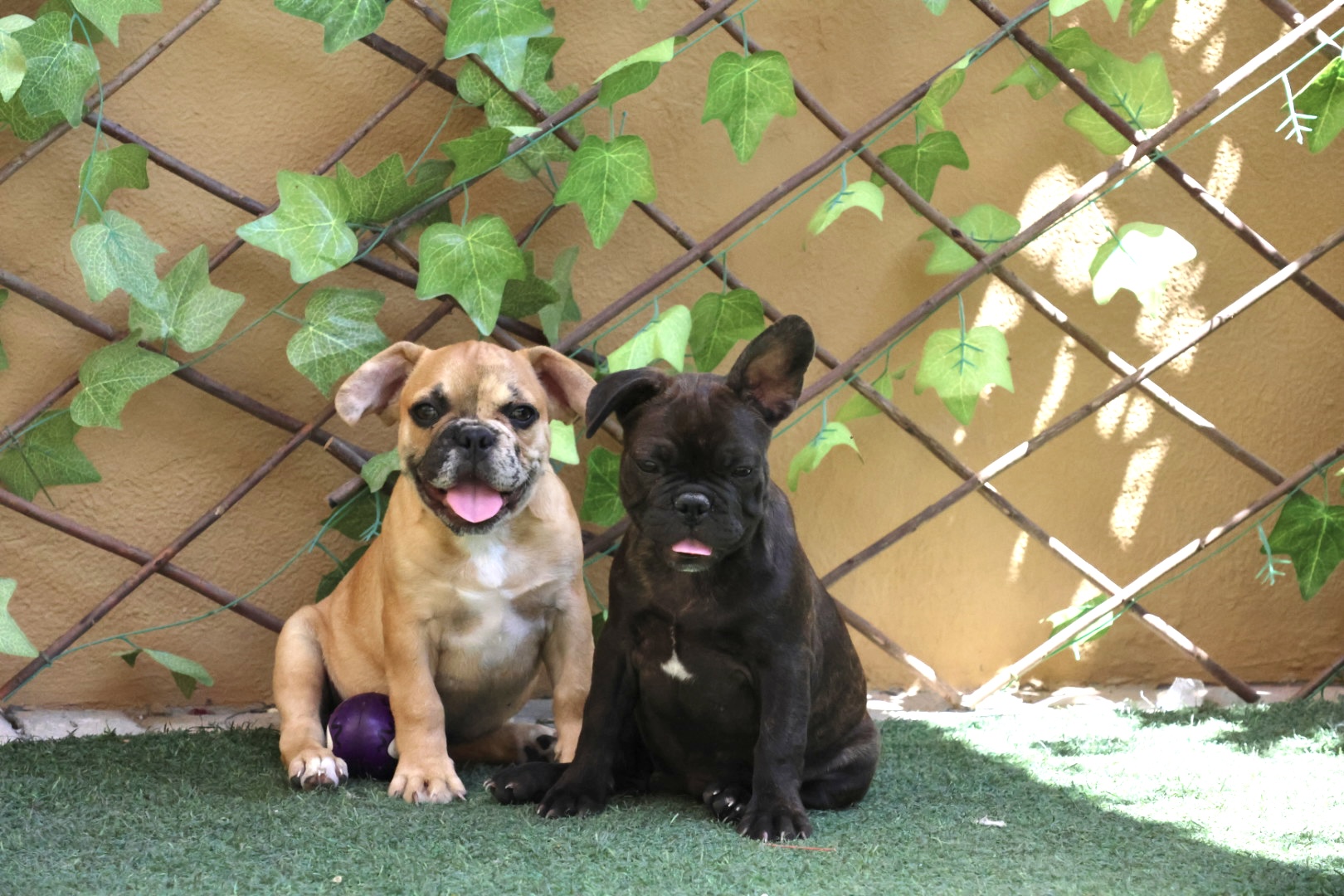How to Handle Puppy Potty Accidents Indoors – Calm & Effective Guide
Understanding how to handle puppy potty accidents indoors is an essential part of raising a well-behaved and confident dog. Every puppy owner will face indoor accidents — it’s normal. But how you respond will either help your puppy learn or create fear and confusion. This guide will help you respond calmly and effectively when accidents happen inside your home.
1. Why Do Puppies Have Potty Accidents Indoors?
Puppies have small bladders and limited control, especially in their first few months. They may not fully understand where to go potty, or they may be overexcited, scared, or distracted. Even well-trained puppies can have occasional accidents, especially in new environments.
2. Don’t Punish or Yell
If you’re wondering how to handle puppy potty accidents indoors the right way — the first rule is: never punish your puppy. Yelling, hitting, or rubbing their nose in the mess will only make them afraid of you. It doesn’t teach them where to go; it teaches them to hide when they need to go.
3. Stay Calm and Clean Up Quickly
As soon as you see the accident, calmly interrupt the behavior if it’s still happening. Say “Uh-oh!” and take them to their potty spot outside or on the pad. Then return to clean the area using an enzymatic cleaner. This removes the odor completely and prevents your puppy from returning to the same spot.
4. Use the Right Cleaner
Don’t use standard floor cleaners or bleach. Use a pet-safe enzymatic cleaner that breaks down the proteins in urine and feces. This removes both the stain and the smell. Puppies are drawn to areas they’ve marked before, so proper cleaning is critical.
5. Track the Accidents
Keep a log of when and where accidents happen. You may find patterns — like right after meals, naps, or play. This can help you adjust your potty schedule and reduce future incidents. Puppies often need to go after waking up, after eating, and every 2–3 hours in general.
6. Reinforce Good Potty Behavior
When your puppy goes in the correct spot, reward them immediately with praise, treats, or play. Positive reinforcement is how puppies learn. The clearer and more consistent the message, the faster they will understand what you expect.
7. Supervise Indoors at All Times
Until your puppy is fully house-trained, keep them within your sight at all times indoors. Use baby gates, pens, or a leash to keep them near you. If you can’t supervise, consider crate training to prevent accidents when you’re not around. Puppies don’t like to soil their sleeping area, so crates can encourage control.
8. Adjust Feeding and Water Schedules
Give meals at the same times each day and pick up water a couple of hours before bedtime. This makes potty timing more predictable. Avoid free-feeding, as it leads to irregular potty needs. With routine, you can predict and prevent most accidents.
9. When to See a Vet
If your puppy is having frequent accidents despite training, consult your vet. Urinary tract infections, digestive issues, or parasites can cause incontinence. Always rule out medical problems before assuming it’s behavioral.
10. Be Patient — It Takes Time
House training isn’t instant. Even the smartest puppies take weeks or months to learn full control. Expect setbacks and don’t lose motivation. With consistency, calm correction, and positive reinforcement, your puppy will master it. Stay calm and remember you’re building trust as well as habits.
Bonus Tip: Know How to Handle Puppy Potty Accidents Indoors While Traveling
If you’re on the go or staying at a friend’s house, always bring puppy pads, cleaning spray, and paper towels. Try to keep your puppy’s potty routine close to normal. The same rules apply: no punishment, quick clean-up, and reward success.
Helpful Links
